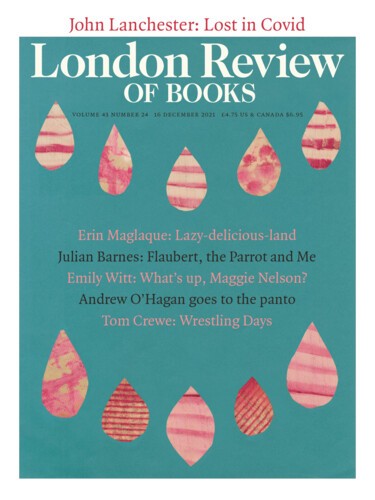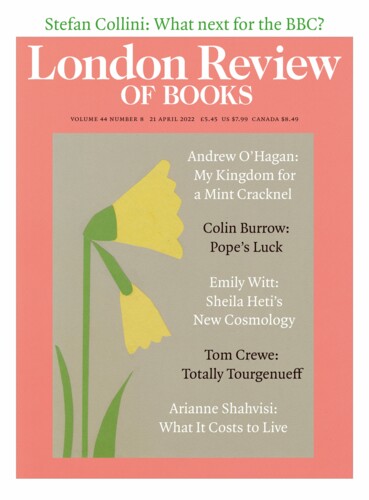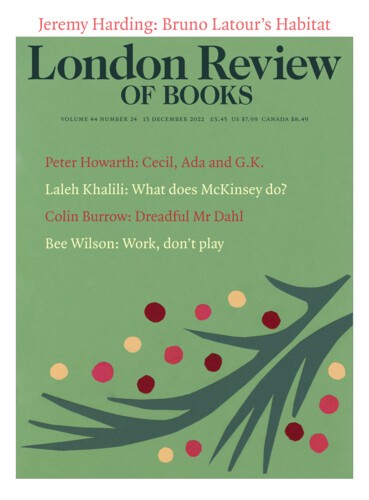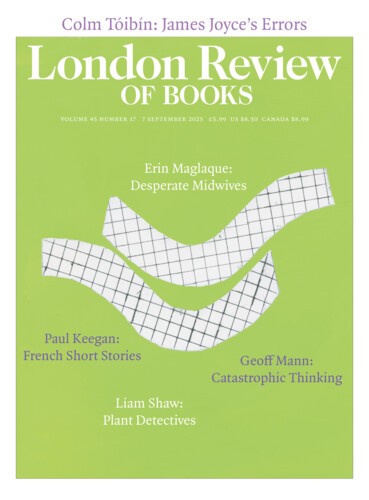Pigs, Pre-Roasted: Lazy-delicious-land
Erin Maglaque, 16 December 2021
It was good to be a butcher in Antwerp. The Butchers’ Guild was one of the oldest in the city and membership was hereditary: the names of the 62 old butchering families were inscribed in the guild’s Lineage Book. Turned out in blood-red tunics, the butchers spent the morning trading cattle at the Ossenmarkt, or selling sausages and offal in the Vleeshuis, the butchers’...





